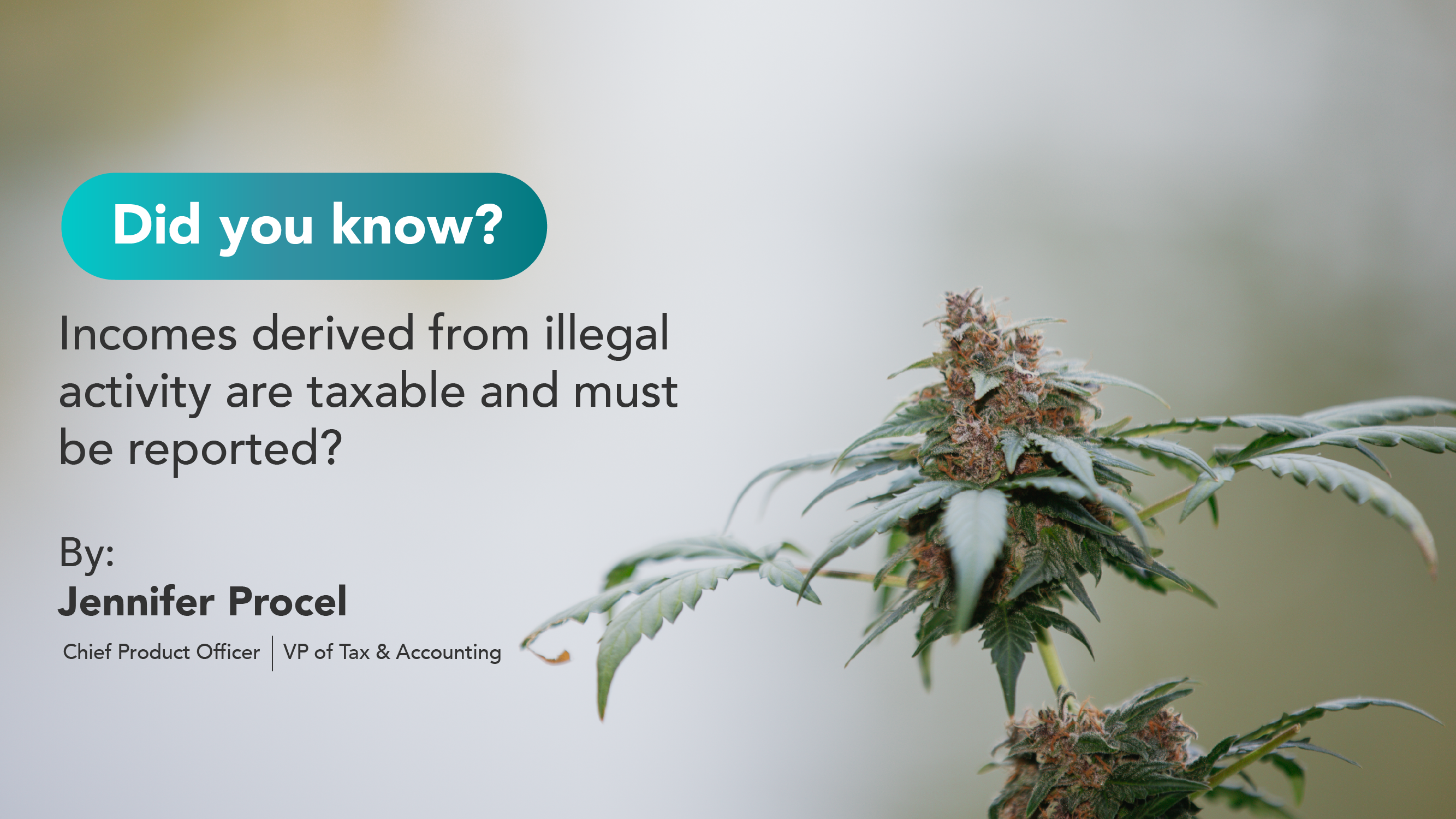The gig economy is constantly changing and growing. From side hustles to a primary source of income, many people have turned to gig work due to its flexibility, accessibility, and increased demand. Whether you are a ride-share driver, personal shopper, freelance worker, or online tutor, if you earn income, you must report it. Here are four things that will help you at tax time:
Keep Records of IncomeBeing a gig worker means you are probably working as a freelancer or independent contractor. You are responsible for reporting all income you received, even if it’s a cash payment. Accurate record-keeping is crucial because you won’t receive a W-2 from an employer that details your earnings. Instead, you may receive a 1099 form from each company you worked with if you earned more than $600 from them. However, even if you don’t receive a 1099, you still need to report that income. Keep detailed records of all payments received, including dates, amounts, and the sources of your income. Keep Records of ExpensesFiling as an independent contractor or freelancer means your income will be considered self-employment income, subjecting you to self-employment taxes. Your taxable income may be offset by your expenses, which will reduce the taxes you owe. Keeping meticulous records of your business-related expenses is essential. These expenses can include mileage, home office supplies, software subscriptions, and other costs directly related to your work. Proper documentation of your expenses, including receipts and invoices, will be crucial when it comes time to file your taxes. Not only can these expenses lower your taxable income, but they can also help you avoid potential audits by providing a clear record of your business activities. Update Your W-4Is gig work your side hustle? Are you also employed? You can update your W-4 to withhold your employee taxes at a higher rate to help pay your self-employment taxes. By increasing your withholding, you can avoid a large tax bill at the end of the year. This adjustment can be particularly helpful if you find it challenging to set aside money for quarterly estimated tax payments. It’s a way to spread out your tax liability throughout the year, making it easier to manage your finances. Make Estimated Tax PaymentsIf you are doing fairly well in your gig work and expect to owe more than $1,000 in taxes, you should start making quarterly estimated tax payments. Paying your estimated taxes will not only lessen your annual tax bill, but it will also prevent additional penalties, such as the underpayment penalty. The IRS expects you to pay taxes on your income as you earn it, so making these quarterly payments can help you stay on top of your tax obligations and avoid any unpleasant surprises when you file your return. Additional Tips for Gig WorkersIn addition to the four main points mentioned, there are other considerations that can help gig workers manage their tax responsibilities and optimize their financial situation:
Handling Anxiety Around Tax SeasonIf you are a gig worker and tax season has you anxious, you don’t have to do this alone. At IOOGO, we work with many gig workers and will help you get every available deduction. Need someone to look over your books and help organize your expenses? We have experts for that too. Contact us today! Tax season can be stressful, but with the right preparation and resources, you can navigate it successfully. By keeping thorough records, understanding your tax obligations, and seeking professional help when needed, you can ensure that you are fulfilling your tax responsibilities and making the most of your gig work. |

Business
Common misconceptions about the R&D Tax Credit
Businesses that don’t claim the R&D Tax Credit frequently have uncertainty regarding the necessary paperwork, the qualifying activities and expenses, and the credit’s application. To




